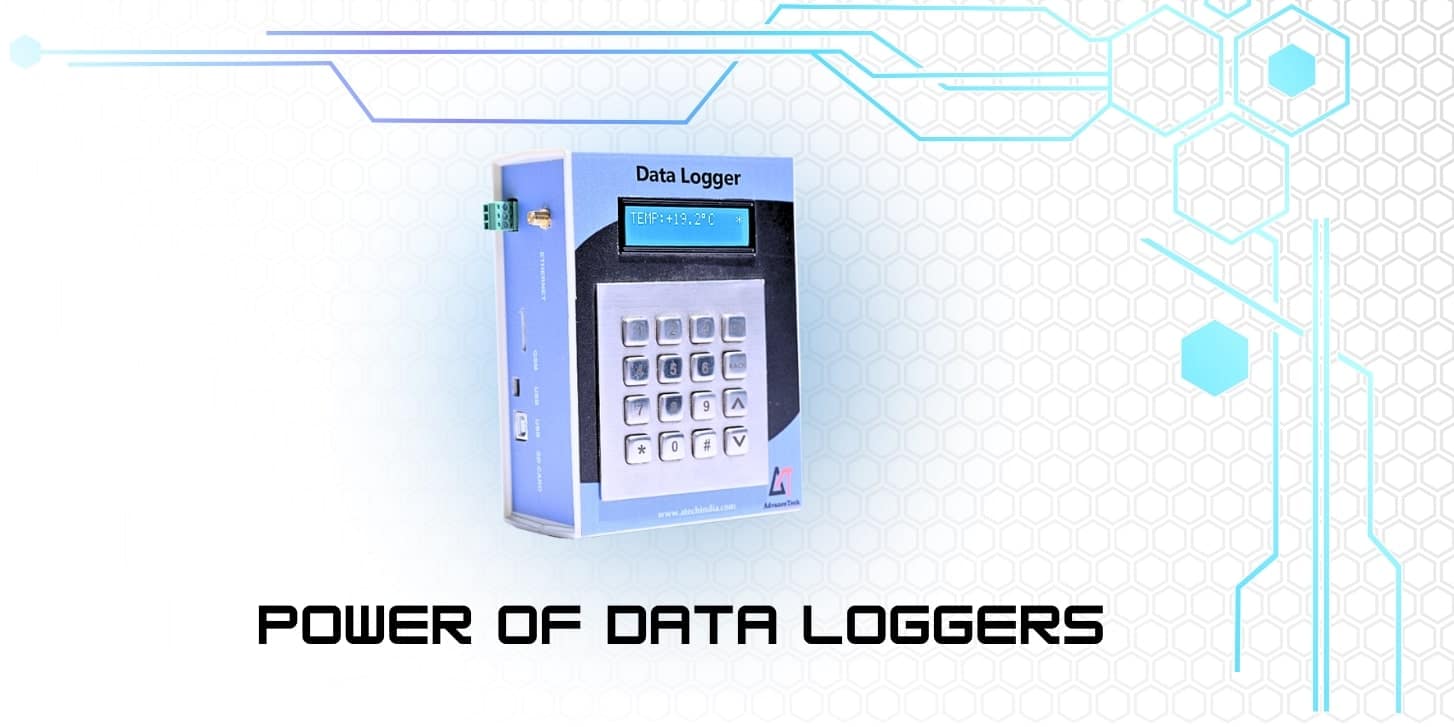The ability to gather and analyze data is critical in today’s data-driven world, since it applies to a large range of businesses and applications. The data logger is one effective tool that makes this process easier. Data logger are important for gathering and storing important data in a variety of applications, including industrial processes and environmental monitoring. We’ll discuss what data loggers and temperature data logger manufacturers in India are, how they’re used, and their advantages in this blog.
What is a Data Logger?
A small electronic device called a data logger is made to save data over time. Sensors to detect variables like temperature, humidity, pressure, voltage, current, and more are usually included, as is internal memory to store the information gathered. There are many different types of data loggers, from straightforward single-channel devices to complex structures that can track several parameters at once.
Where Are Data Loggers Used?
1. Environmental Monitoring:
To monitor factors including temperature, humidity, light intensity, and air quality, data loggers are frequently used in environmental monitoring applications. They are essential to the assessment and management of natural environments and the reduction of environmental risks in a variety of sectors, including forests, meteorology, agriculture, and environmental research.
2. Industrial operations:
To ensure effectiveness, quality, and safety in industrial settings, data loggers are used to monitor and manage a variety of operations. They are used to monitor variables like temperature, pressure, flow rate, and energy usage in industries like manufacturing, pharmaceuticals, food and beverage, and services.
3. Transportation and Logistics:
When sensitive products, including food, medications, and consumable goods, are stored and transported, data loggers are used to keep track on things and make sure everything is kept as ideal as possible. They support maintaining product quality across the supply chain and assisting in ensuring compliance with regulatory requirements.
4. Energy Management:
By tracking energy use, spotting waste, and maximizing resource use, data loggers are essential to energy management. They are employed in industrial facilities, renewable energy installations, and building automation systems to monitor energy consumption trends and put energy-saving and reducing expenses plans into action.
5. Soil Data logger:
A soil data logger is an important tool used in agricultural and environmental research to monitor and record various soil parameters over time. These compact devices are provided with sensors capable of measuring key soil attributes such as moisture content, temperature, pH levels, and electrical conductivity. By continuously collecting data from the soil, data loggers provide valuable insights into soil health, moisture dynamics, and nutrient availability.
6. Blood bank data logger:
There are several advantages to using blood bank data logger, which are very important for maintaining the quality and security of blood products with Blood Bank Monitoring. These tools guarantee that blood products are kept at the right temperatures to maintain their quality and viability by providing actual time tracking and keeping record of the temperature and atmosphere within blood storage facilities. Blood bank data loggers/recorders reduce the chance of spoiling by strictly controlling temperature.
Advantages of Data Logger Use:
1. Accurate Data Collection: Data loggers allow users to collect exact data over extended periods of time without the need for human involvement. They offer readings that are both reliable and precise. Informed decision-making based on trustworthy information is facilitated and data security is ensured.
2. Remote Monitoring Capabilities: With the use of web-based platforms or mobile applications, users can access real-time data from any location with the help of multiple data loggers that offer remote monitoring capabilities. This function improves operational efficiency and allows quick response to changing situations.
3. Cost-Effective Solution: Data loggers provide an affordable option for long-term data capture when compared to manual data collection techniques or continuous monitoring systems. They are a cost-effective option for a range of applications due to their low power consumption, robustness, and simplicity of implementation.
4. Flexibility and Versatility: Data loggers are incredibly flexible and may be tailored to fulfill certain monitoring needs. They enable users to customize them to meet the specific requirements of their applications by supporting a broad variety of sensors and measurement parameters.
5. Compliance and Documentation: By accurately documenting environmental conditions, process parameters, and storage conditions, data loggers assist in ensuring compliance with industry rules, regulatory requirements, and quality standards in regulated industries.
Data Logger Temperature Price
At adrtechindia.com, you can easily buy data loggers at very affordable prices. Also, The cost of a data logger may depend on a list of requirements, including brand, functionality, accuracy, and the number of supported channels or sensors. Simple data recorders with restricted features could be reasonably priced, making them affordable for individuals and small enterprises on a tight budget.
Conclusion :
Data loggers are stand-alone devices used for collecting, storing, and analyzing data in a range of industries. Data loggers ensure operational optimization and regulatory compliance while enabling workers to manage energy, streamline industrial processes, monitor the environment, and make informed decisions. Data loggers are still crucial for advancing sustainability, productivity, and efficiency in a range of industries due to their accuracy, dependability, and adaptability.






